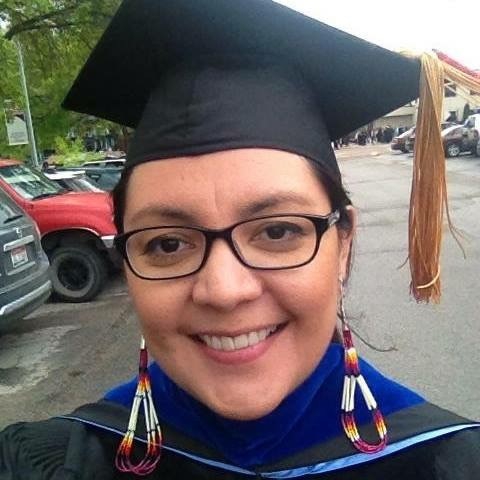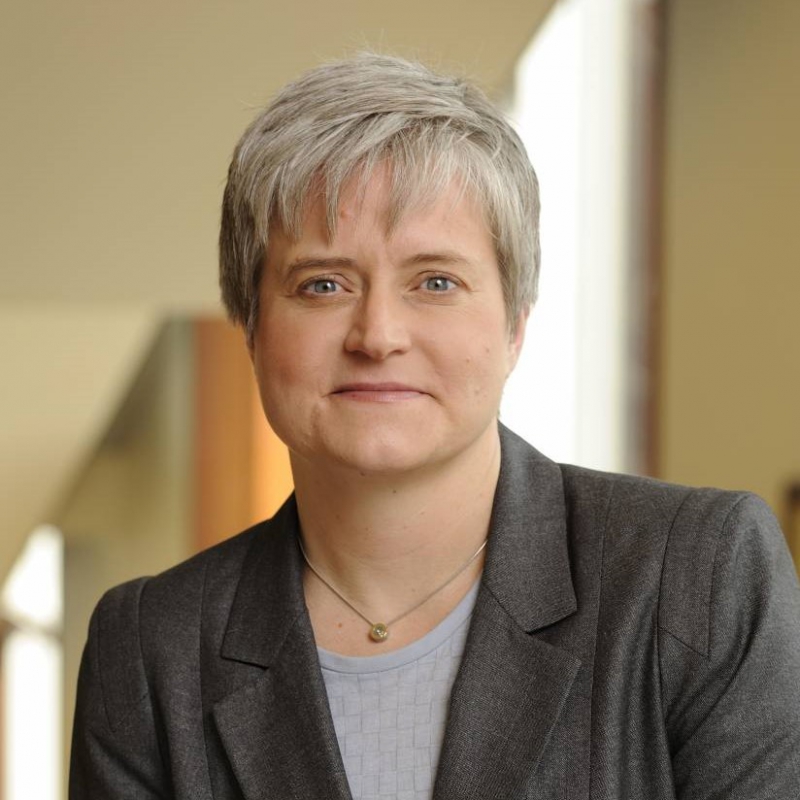Gender-Based Violence Prevention and Intervention Programs: Dissemination of Tools and Resources to Support Survivors Webinar
Date and Time
– November 17, 2021, 3:00 PM ESTVirtual only
Join ORWH for the next installment of the Understudied, Underrepresented, and Underreported (U3) Women’s Health Lecture Series, titled “Gender-Based Violence Prevention and Intervention Programs: Dissemination of Tools and Resources to Support Survivors.” Through this lecture series—which focuses on populations of women that are understudied, underrepresented, and underreported in biomedical science—ORWH stimulates interest in the complex issues affecting the health of women, such as influences of community attributes on health. This webinar will provide a forum to both increase awareness of and discuss sustainable strategies for integrating gender-based violence prevention/intervention services into diverse care settings.
This virtual event will feature presentations by two panelists, Nancy E. Glass, Ph.D., M.P.H., M.S., RN, and Annjeanette Belcourt, Ph.D. Dr. Glass will give a presentation on myPlan, an evidence-based mobile application for survivors of violence to plan and take action. She has conducted research to improve health systems’ identification of and response to survivors of gender-based violence. Dr. Belcourt will present on the topic of Indigenous women’s survivorship and scholarship in the context of social determinants of health. She has worked extensively in Indigenous communities, applying innovative approaches to addressing mental health disparities, treating post-traumatic stress symptoms, and strengthening resilience with culturally relevant interventions.
ORWH’s U3 Administrative Supplement Program funds interdisciplinary research to address the influences of sex and gender on health at the intersection of social determinants, such as housing stability, racism, violence, socioeconomic status, and educational status.

Annie Belcourt, Ph.D.
Dr. Belcourt is a clinical psychologist and a professor at the University of Montana. She was born for the Amskapi Pikuni (Blackfeet), Chippewa, Mandan, and Hidatsa Nations. Her scholarship and advocacy focus on the intersection of trauma, culture, resiliency, risk, ethics, land, and hope. She is active in scholarship regarding mental and physical health within Indigenous cultures and seeks to advance narrative approaches to healing and knowledge sharing. Dr. Belcourt is passionate in her advocacy for marginalized Indigenous communities, including survivors. She has advocated for other families who have lost family members to violence and survivors of domestic violence. She has three children and loves the homelands of her peoples.

Nancy E. Glass, Ph.D., M.P.H., M.S., RN
Dr. Glass conducts multidisciplinary studies in partnership across diverse global settings, including conflict and post-conflict humanitarian settings. Her program of research focuses on implementation and evaluation of violence prevention and response interventions, such as economic empowerment and safety planning, to improve the health, economic stability, and well-being of survivors of gender-based violence and their families.
Sign language interpreting services are available upon request. Individuals who need interpreting services and/or other reasonable accommodations to participate in this event should contact Leika Inniss at leika.inniss@nih.gov or 240-541-4764. Requests should be made five days in advance of the event.
